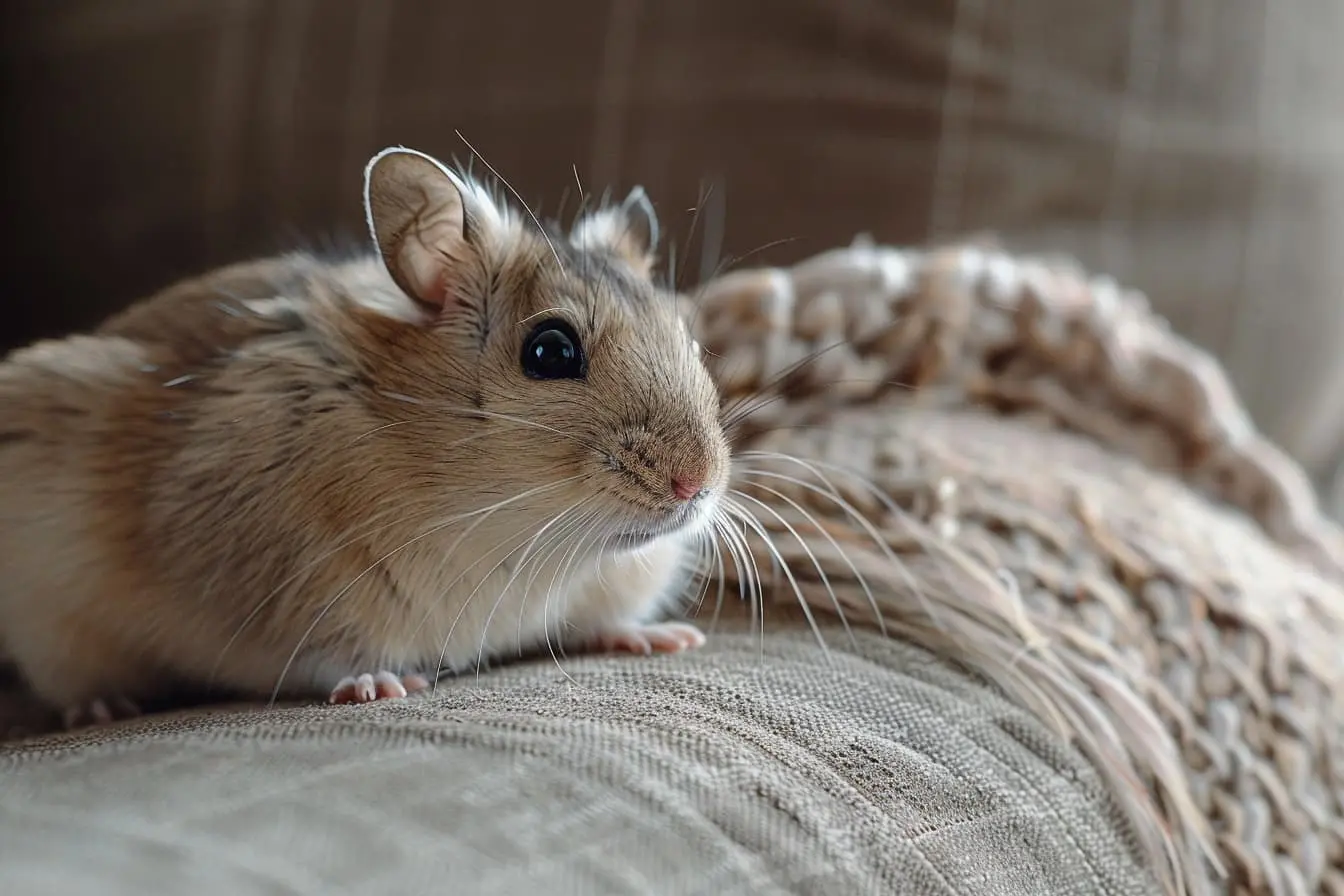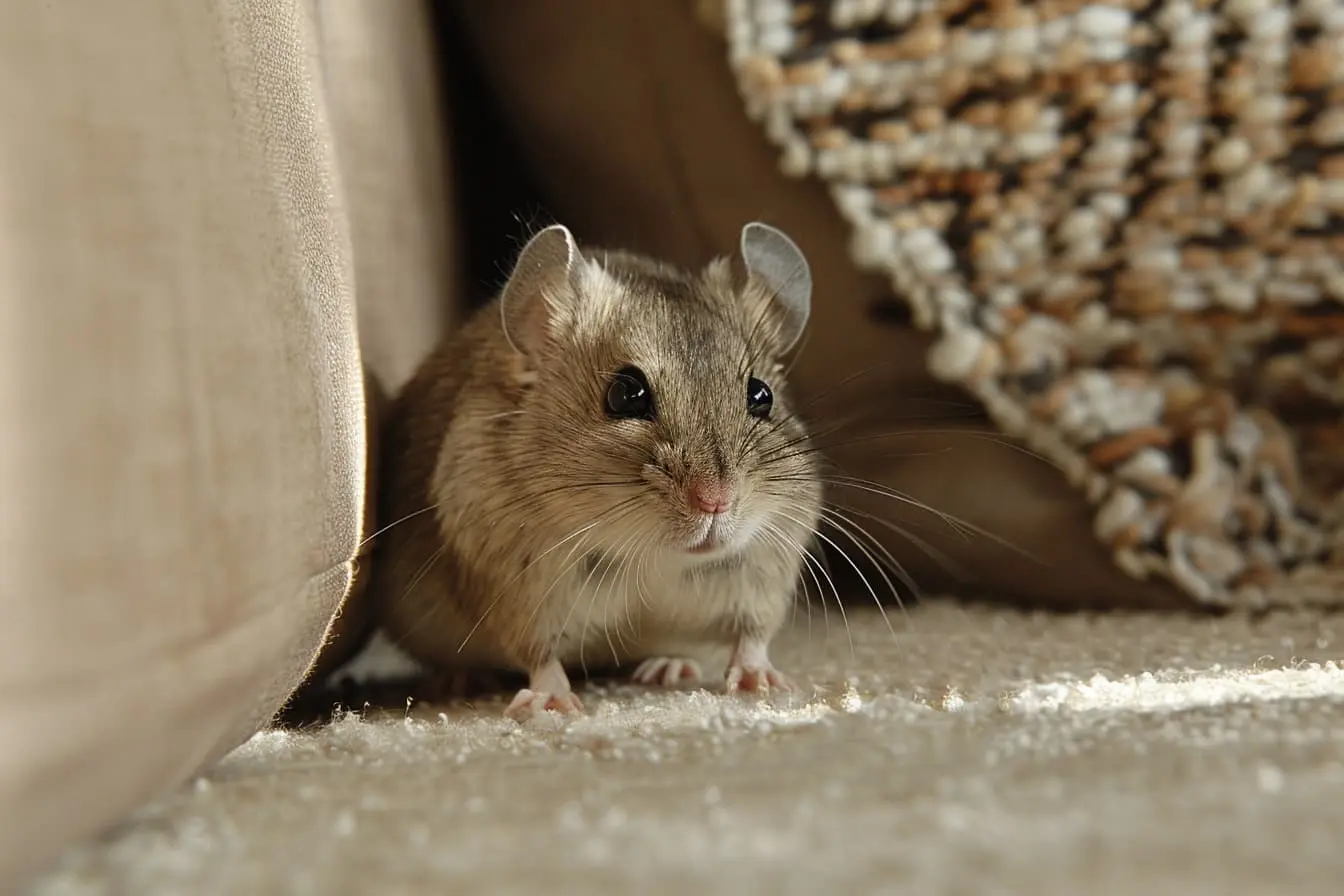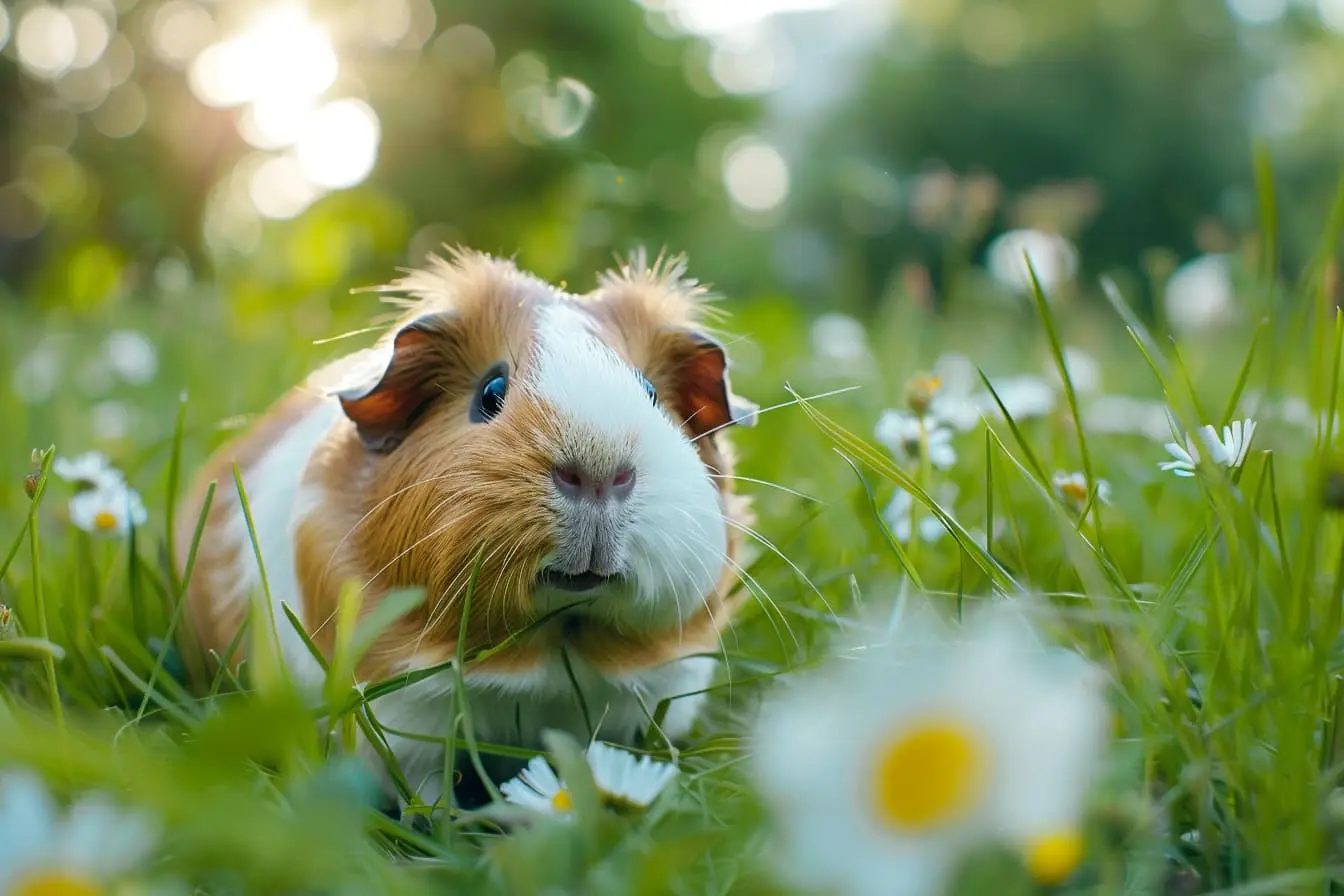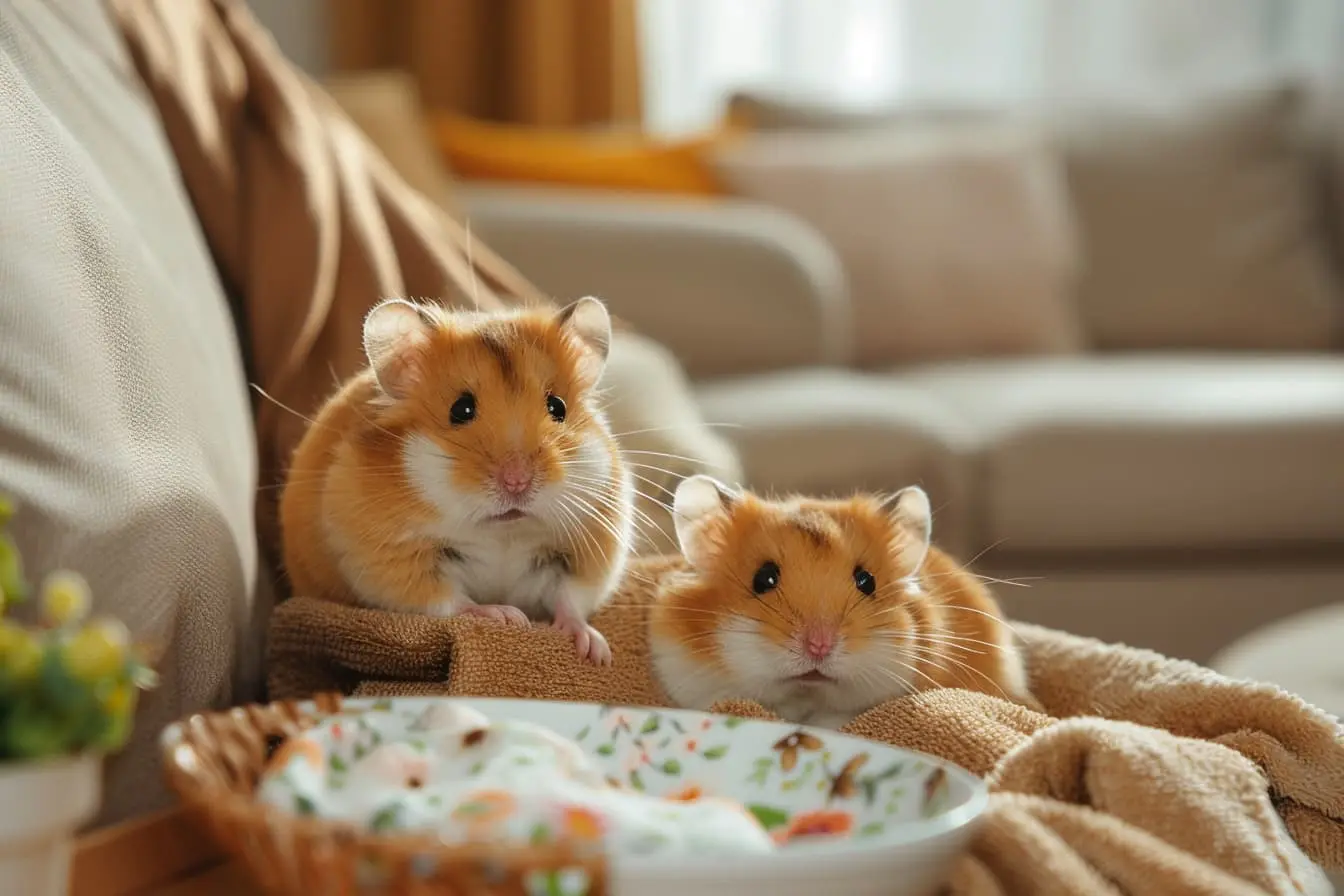
The Ultimate Guide for New Gerbil Owners: Essentials and Care Tips
Gerbils are fascinating and active pets, known for their sociable nature and entertaining antics. If you're considering adding these delightful creatures to your household, it's crucial to understand their needs and how to provide the best care. This comprehensive guide will cover everything a new gerbil owner needs to know, from setting up the perfect habitat to daily care routines.
Understanding Gerbils
Before you bring your new gerbil home, it's important to learn about their characteristics and needs. Gerbils are social animals that thrive in pairs or small groups of the same sex to prevent loneliness and stress. They have a lifespan of around 3 to 4 years and are known for their burrowing behaviour, which is essential for their mental and physical well-being.
Preparing for Your Gerbil
The Habitat
Gerbils require a spacious and secure enclosure. A glass aquarium with a mesh top or a specially designed gerbilarium is ideal, as it allows for deep bedding necessary for their burrowing instincts. A minimum size for two gerbils would be 60cm long by 30cm wide, but larger is always better.
Bedding
Provide a deep layer of paper-based bedding or aspen shavings for burrowing. Avoid cedar or pine shavings, as these can be harmful to their respiratory systems.
Nesting Material
Gerbils love to nest, so offer them safe materials like unscented toilet paper or paper towels that they can shred and arrange.
Food and Water
Invest in a high-quality gerbil food mix and ensure they have constant access to fresh water through a water bottle. Supplement their diet with occasional treats like fresh vegetables, fruits, and occasional nuts or seeds.
Enrichment
Gerbils are active and curious, requiring various toys and accessories to satisfy their need to chew, climb, and explore. Include items like wooden chew toys, tunnels, and exercise wheels (ensure the wheel is solid surfaced to prevent injuries).
Bringing Your Gerbil Home
When you first bring your gerbils home, give them time to adjust to their new environment. Place their habitat in a quiet area away from direct sunlight and drafts but where they can still observe the household's daily activities.
Daily Care and Interaction
- Feeding: Provide fresh food and water daily. Monitor their eating habits and adjust as necessary.
- Cleaning: Spot-clean their habitat daily and perform a full clean every few weeks. Remember, gerbils are clean animals and over-cleaning can stress them out.
- Handling: Allow your gerbils time to become accustomed to their new home before trying to handle them. Gently coax them onto your hand with treats, and never pick them up by their tails.
Health and Well-being
Monitor your gerbils for signs of health issues, such as changes in appetite, activity level, or appearance. Regularly inspect their habitat for sharp objects or anything that might pose a risk to their safety.
Final Thoughts
Owning gerbils can be a deeply rewarding experience, offering unique insights into the fascinating world of these small creatures. By providing a safe, enriching environment and attentive care, you'll ensure your gerbils lead a happy and healthy life. Welcome to the delightful journey of gerbil ownership!
Vets near you
Speciality vets
- Aquatics vet specialists
- Birds vet specialists
- Camelids vet specialists
- Cats vet specialists
- Cattle vet specialists
- Deer vet specialists
- Dogs vet specialists
- Equines vet specialists
- Exotic vet specialists
- Goats vet specialists
- Pigs vet specialists
- Poultry vet specialists
- Sheep vet specialists
- Small Mammals vet specialists
- Wild vet specialists
Vet facilities
- Accessible by public transport
- Blood testing
- Car park nearby
- Client car park
- Dentistry
- Diagnostic imaging
- Disabled public access
- Flea and worm treatments
- Microchipping
- Mobile services
- Neutering
- Open at weekends
- Out-of-hours service
- Referral interests
- Referrals only
- Street parking outside
- Toilets available
- Vaccinations



